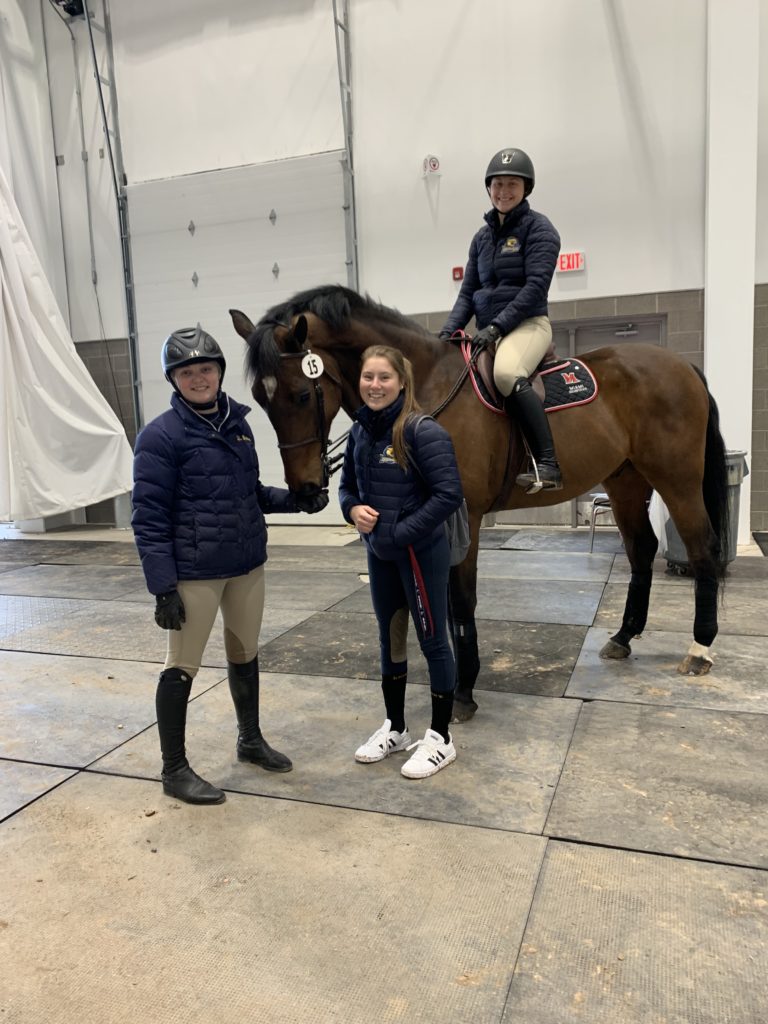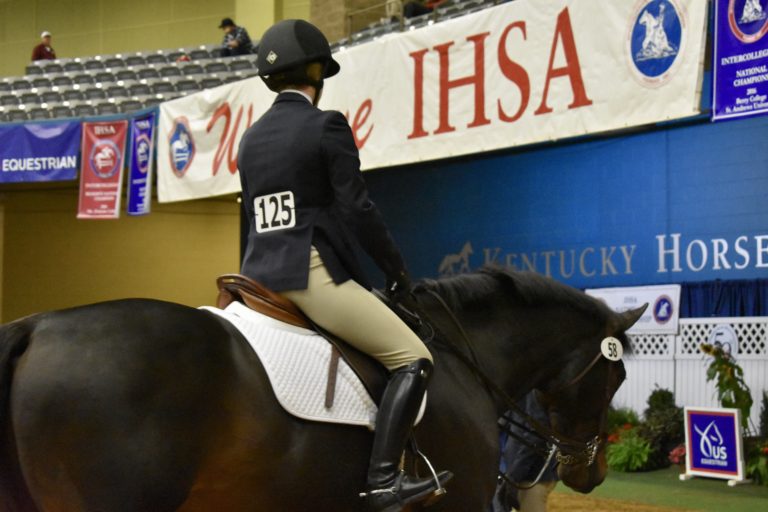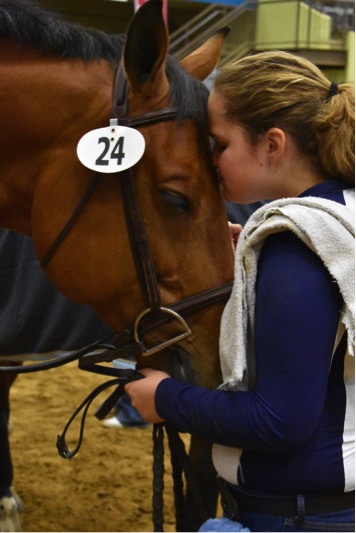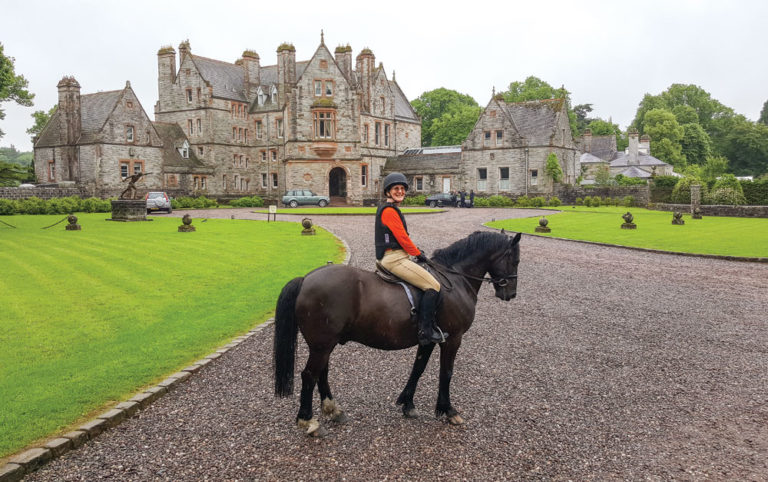If you ask a Cherokee tribal member how long they have lived in this area of Western North Carolina, they will say that they have always been here, that the Creator put them here. If you ask an archeologist or Dr. Barbara Duncan, like we did, she will say that evidence dates the Cherokee as having been here for thousands of years. No matter what you believe, the Cherokee have been in Western North Carolina for a long time. They have deep rooted traditions and culture and a great history with horses. I wanted to delve into the past and learn more about this little publicized subject.
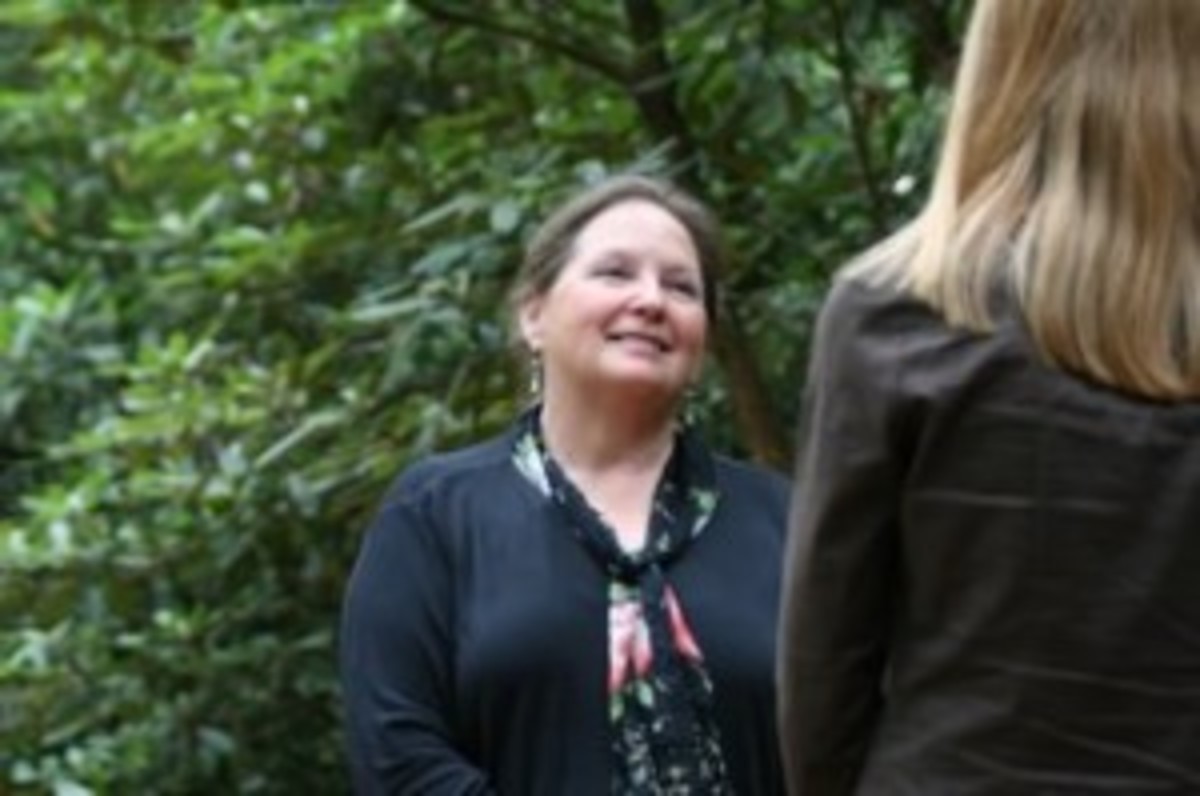
I had done a lot of research before my trip, but there wasn’t a ton of information that I could find about the Cherokee and their horses. I would be interviewing Dr. Barbara Duncan, Education Director at the Museum of the Cherokee Indian; Tyler Howe, Tribal Historic Preservation Specialist for the Eastern Band of Cherokee Indians; and Davy Arch, Education Director at the Qualla Arts and Crafts Mutual, to drain all of their knowledge about horse history and culture.
The Eastern Band of Cherokee Indians are descendants of the Cherokee people, who stayed in the mountains during the forced removal that led to the Trail of Tears to Oklahoma.
While touring the Oconaluftee Indian Village, a replica of a Cherokee village from 250 years ago, I got to try some traditional Cherokee food and glimpse the past. The village exhibits living history. There are various homes where Cherokee people are making pottery, canoes, bread and more. I didn’t even think about this, but 250 years ago, the Cherokee kept their horses away from the village up further in the mountains. They didn’t have fences and didn’t want the horses running through the village. The women in particular didn’t want the horses running through their gardens.
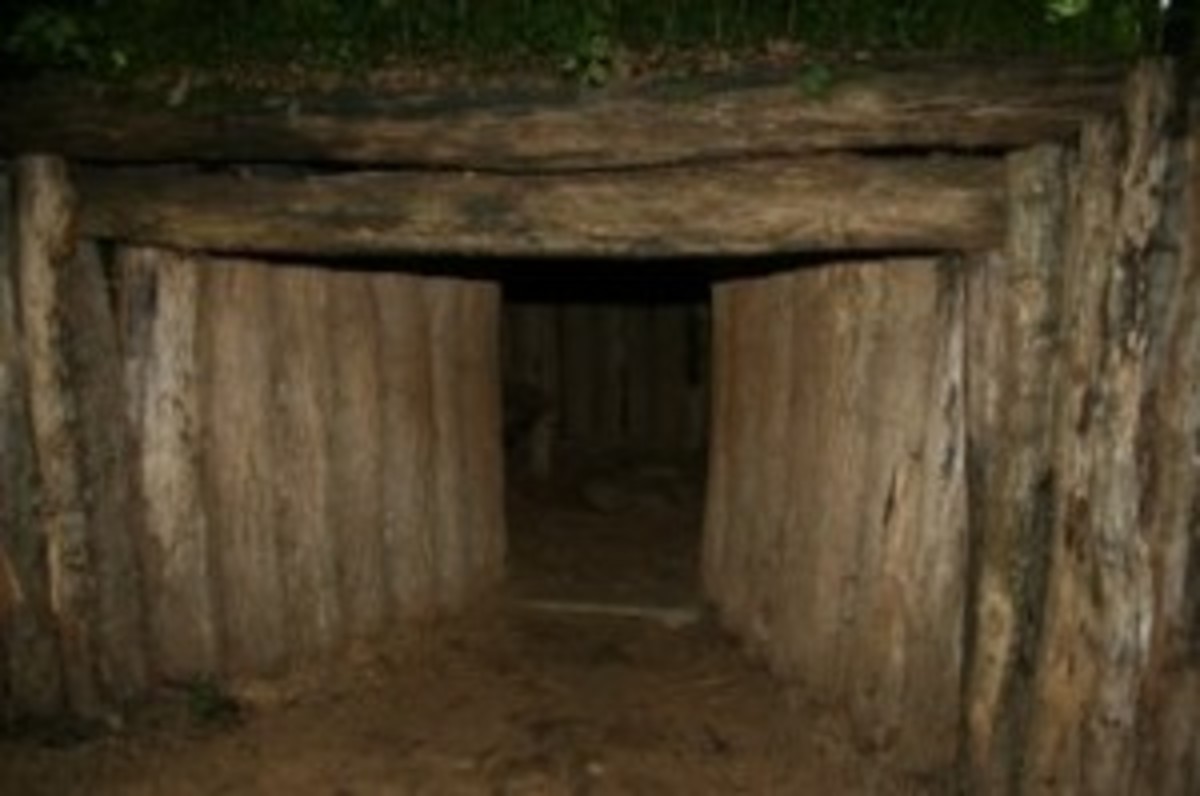
Horse stealing was also problem. The Cherokee would steal from the colonists and vice versa, so at one point the Cherokee began marking their horses, so if they were stolen they would be able to tell.
The Cherokee were avid traders and began trading horses and selling them. They also began passing their horses down from father to son. The horses became a source of pride and travelers of the day wrote about the Cherokee people’s quality horses. There is much more horse history, but Dr. Duncan and Davy Arch tell it best.
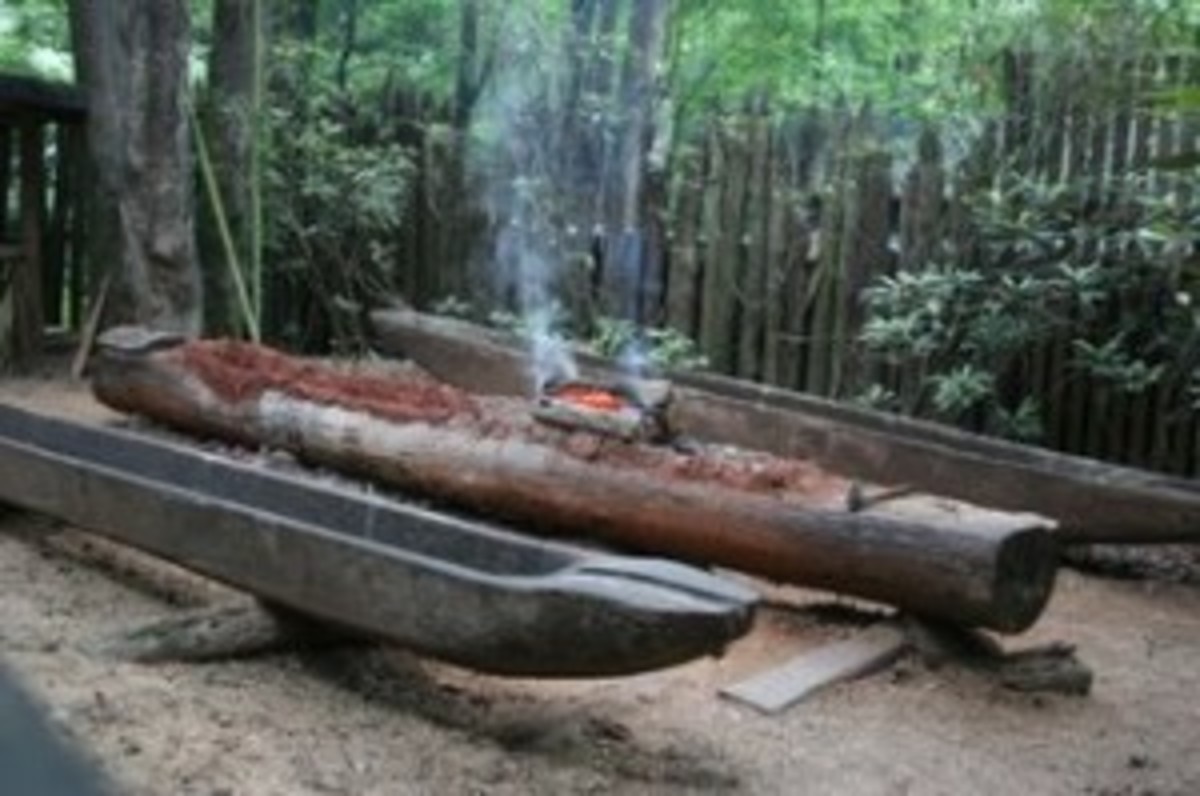
Later in the day, I headed out to try trout fishing with Dave, another Cherokee member. The rivers on the reservation are stocked with trout and though I didn’t catch anything, Dave did within about a minute of throwing out his line.
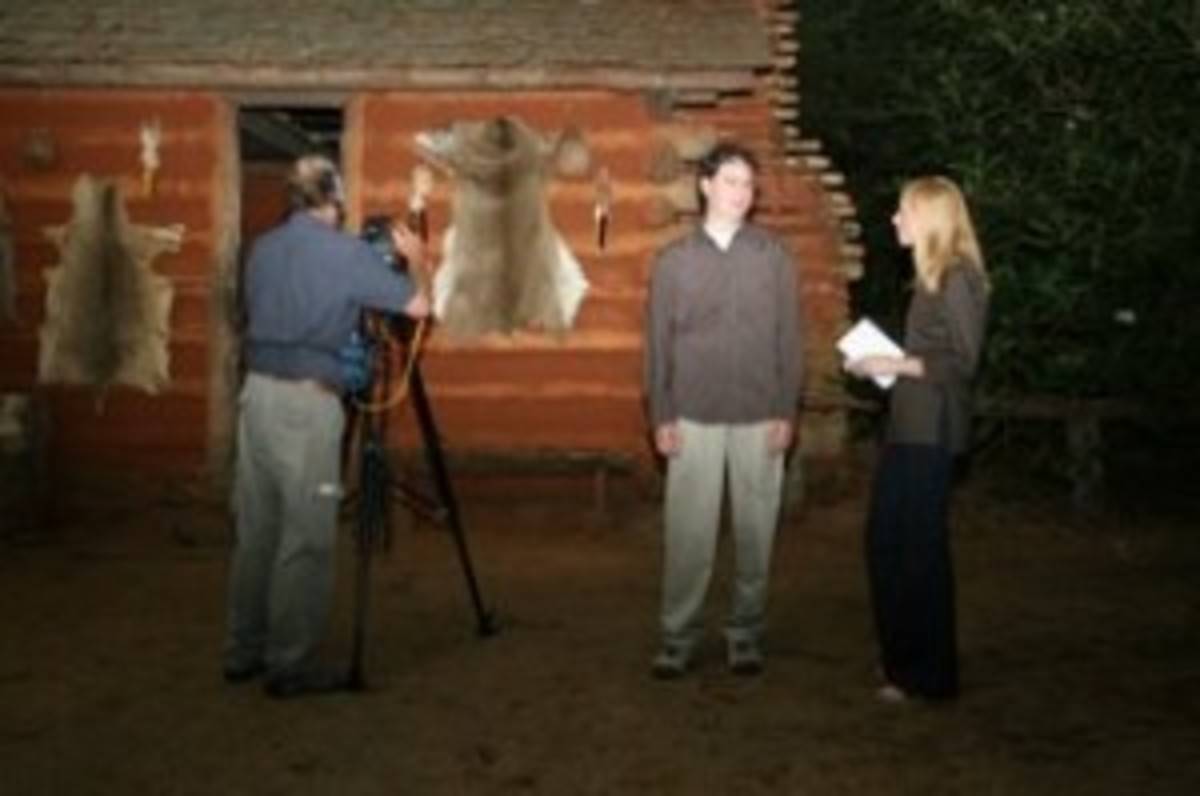
The Cherokee dance and sing to celebrate things for which they are grateful. I was happy to know that they had one for the horse, which I would be seeing and hearing during a performance of the live show Unto These Hills. Performed in a large outdoor theatre, this show tells a bit about the early and more recent Cherokee history. Unto These Hills has been performed since 1950.
The music of the horse dance will certainly get into your head. Having horses made life easier for the Cherokee and, from what Davy Arch told me, the Cherokee like the personalities of individual horses, because they are a lot like people.

The traditional horse song has a pretty catchy melody. You’ll have to watch our “Equitrekking: Destination Carolinas” episode to see it. There, I’ve plugged that episode, but I have to say that it is going to be a really good one! On to Vermont!
Learn more about Equitrekking on PBS and learn about exceptional equestrian vacations at EquitrekkingTravel.com.





